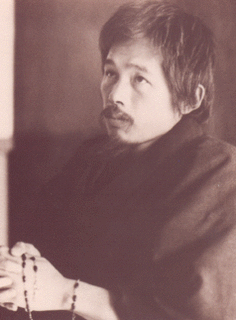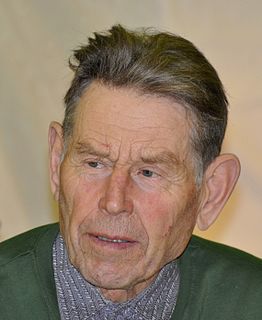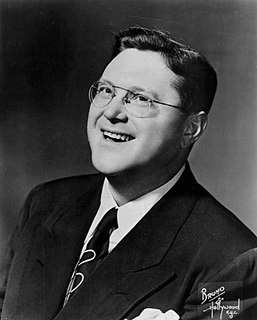A Quote by Albert Camus
But the world itself has no reason, and I can say so, I who have experienced it all, from the creation to the destruction.
Quote Topics
Related Quotes
The conditions of a true critique and a true creation are the same: the destruction of an image of thought which presupposes itself and the genesis of the act of thinking in thought itself. Something in the world forces us to think. This something is an object not of recognition but of a fundamental encounter
WE ARE DESTROYING OUR COUNTRY - I mean our country itself, our land. This is a terrible thing to know, but it is not a reason for despair unless we decide to continue the destruction. If we decide to continue the destruction, that will not be because we have no other choice. This destruction is not necessary. It is not inevitable, except that by our submissiveness we make it so.
Imagine a world in which you had Saddam Hussein, who had the capacity to make a weapon of mass destruction, who was paying suiciders to kill innocent life. Imagine what the world would be like with him in power. The idea is to try to help change the Middle East. Part of the reason we went into Iraq was we thought he had weapons of mass destruction. It turns out he didn't, but he had the capacity to make weapons of mass destruction.
The heart has its reasons of which reason knows nothing. We feel it in a thousand things. I say that the heart naturally loves the Universal Being, and naturally loves itself; and it gives itself to one or the other, and hardens itself against one or the other, as it chooses...it is the heart that feels God, not the reason; this is faith.
I believe that human brilliance manifests itself only in flashes, among rare individuals. For this reason, humanity as a whole is enormously destructive: the creation of something as devastating as Western culture, which is now allowed to spread throughout the world, offers sufficient proof of this fact.









































